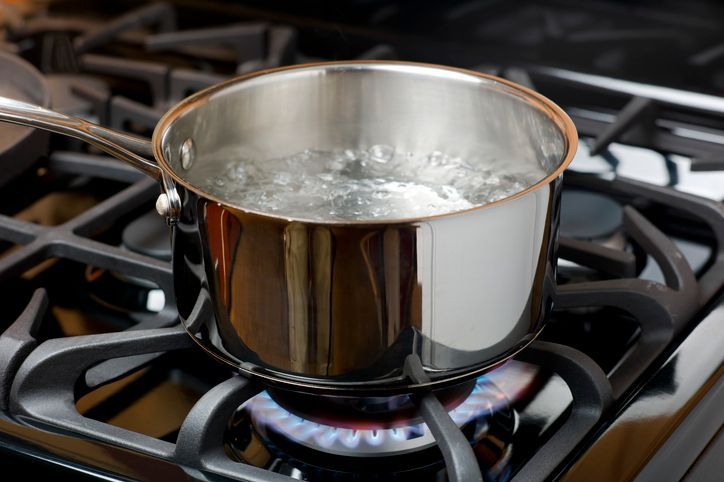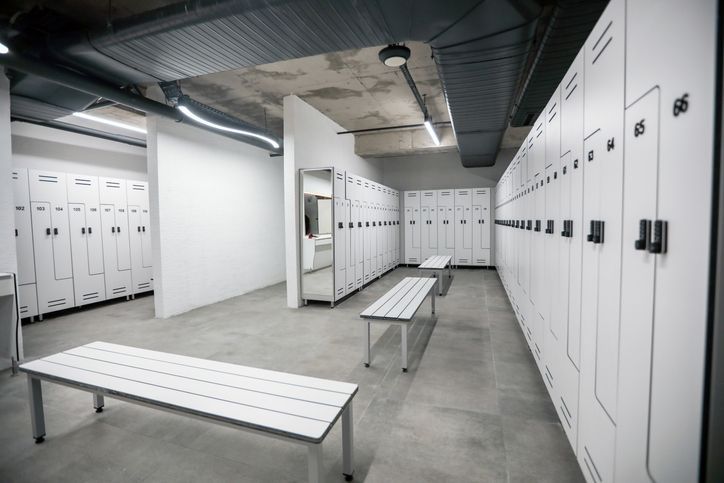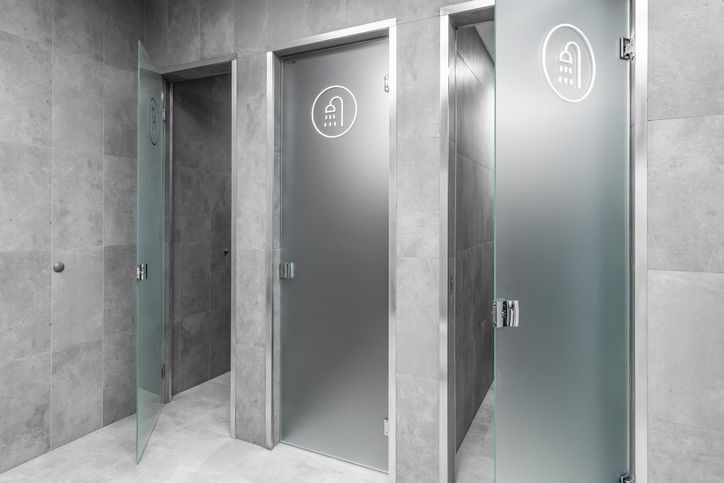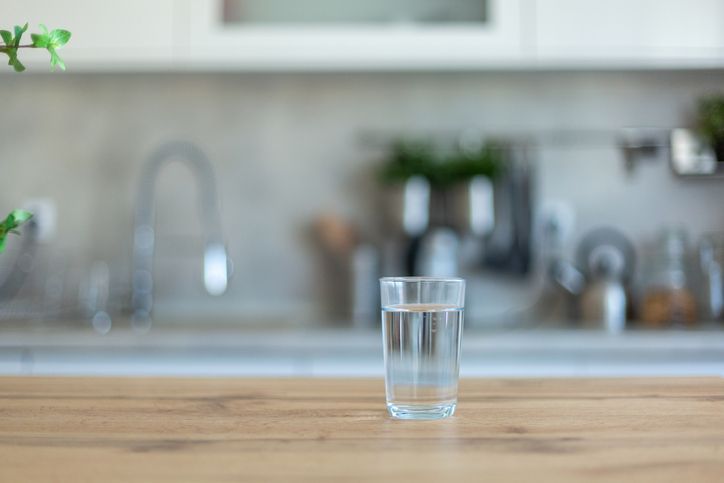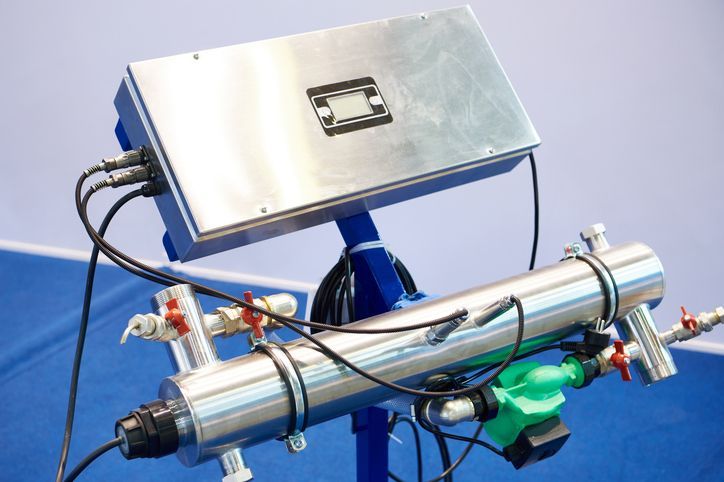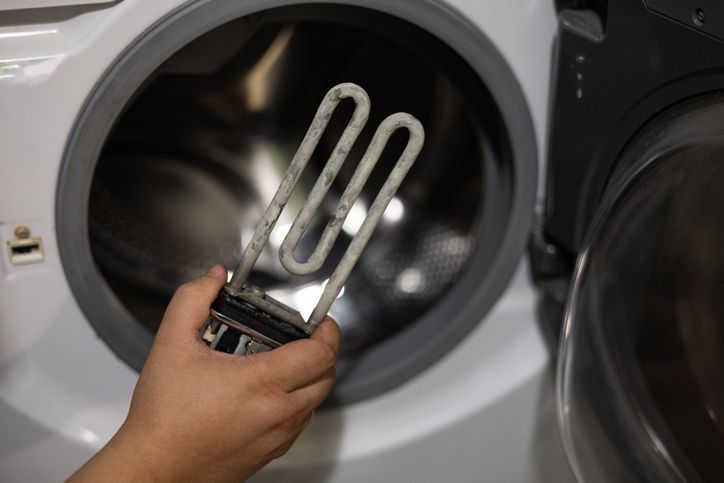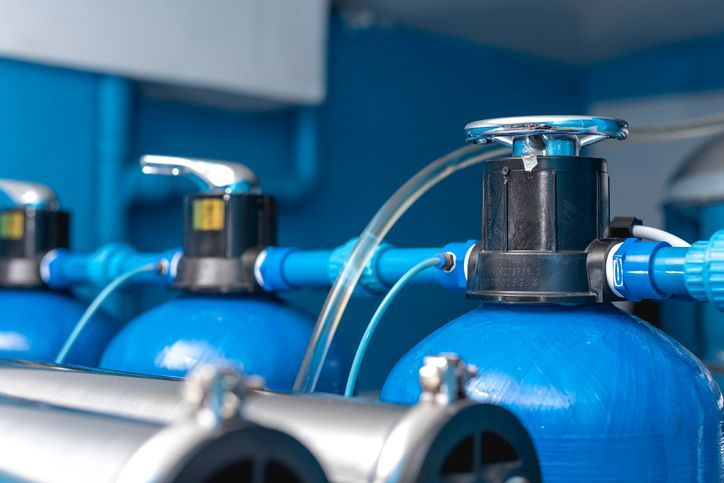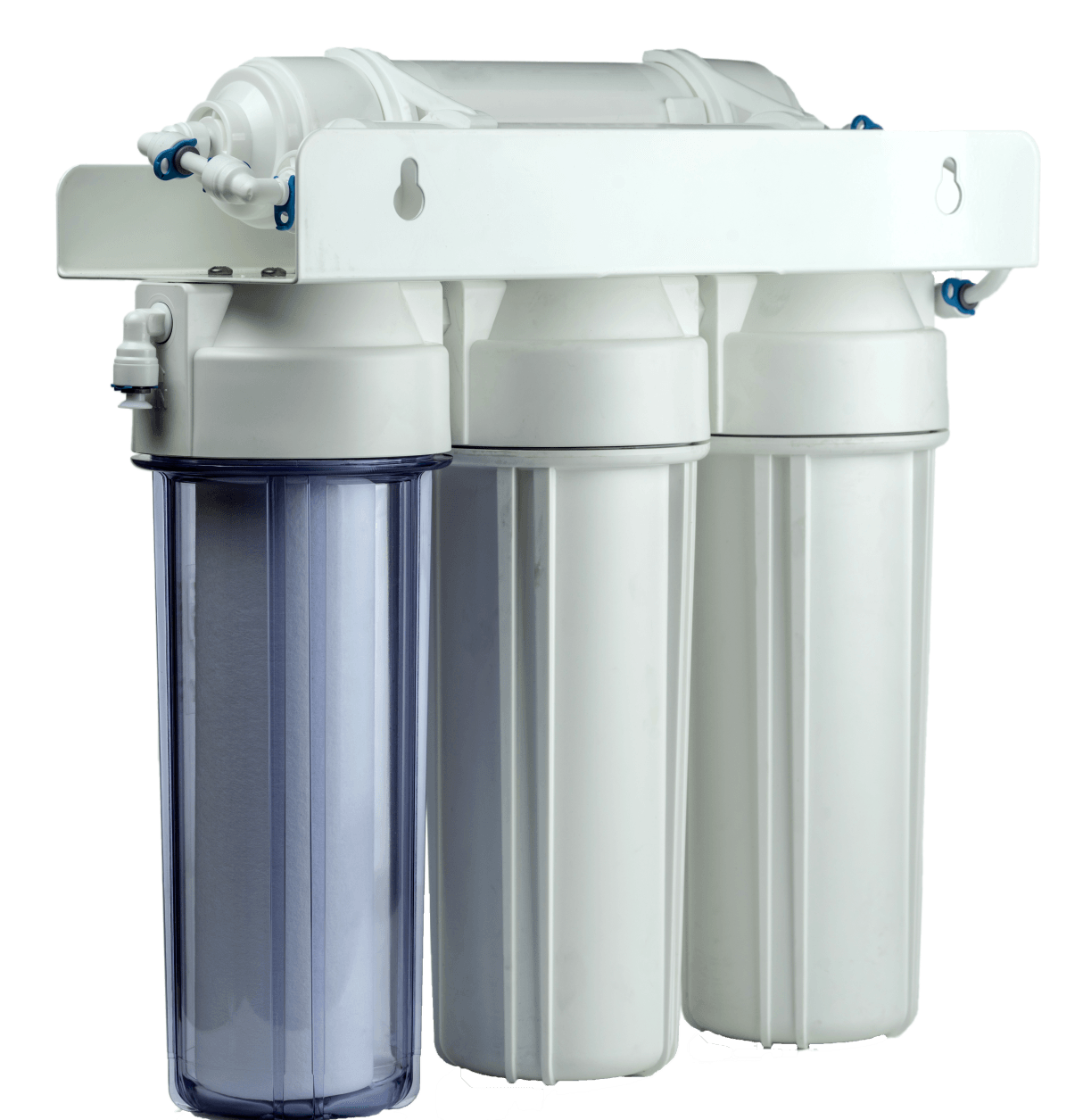Hard Water Solutions for Laundromats & Hair Salons: Softness You Can See & Feel
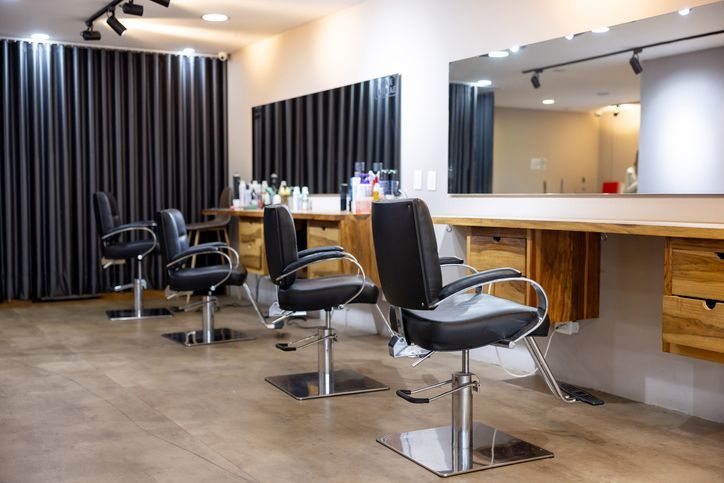
Hard water is a common challenge for many businesses, especially those in industries that rely on water for cleaning or personal care. In commercial settings like laundromats or hair salons, hard water can lead to various operational issues that affect both the bottom line and the customer experience. From equipment malfunctions to dissatisfied customers, the impact of hard water reaches many functions of the busisness and is often overlooked.
Laundromat owners and hair salon managers often struggle with issues such as reduced detergent effectiveness, damaged equipment, and increased maintenance costs, all of which can stem from the mineral-rich hard water that flows through their plumbing. But the solution is straightforward: commercial water softeners. By installing a water softening system, businesses can solve these problems and see noticeable improvements in their daily operations.
In this comprehensive guide, we'll explain the impact of hard water on laundromats and hair salons, how water softeners work to solve these problems, and the long-term benefits of investing in a water softener for your business. Aqua Solutions, with its experience in installing and servicing commercial water softeners in the Pittsburgh area, is here to provide the expertise you need to make informed decisions.
What Is Hard Water?
Hard water is water that contains high concentrations of dissolved minerals, most commonly calcium and magnesium. These minerals occur naturally and become present in water when they pass through various geological formations such as rocks and soil. As water flows through these materials, it dissolves small amounts of them and carries them with the water wherever it goes. While these minerals themselves are not harmful to our health, they can cause serious problems for both residential and commercial plumbing systems.
Water hardness is typically measured in two units: grains per gallon (gpg) and parts per million (ppm). The harder the water is, the more calcium and magnesium it contains. In general, water with more than seven grains per gallon of calcium and magnesium is considered hard, and water with concentrations above 10 gpg is categorized as very hard. For reference, water below one gpg is considered soft, and anything above seven gpg can start to present problems in commercial settings.
Regions like Pittsburgh and much of western Pennsylvania are known for having hard water. This is caused by the local geology, which is rich in limestone and other mineral-laden rock formations. Hard water is espcially noticeable in businesses such as laundromats and hair salons, where the mineral content in the water directly affects daily operations.
In these industries, the effects of hard water are not only a matter of aesthetics but also significantly impact the functionality of equipment, the quality of service and the overall customer experience.
Over time, hard water can cause a buildup of mineral deposits on plumbing, equipment, and tools. This can result in clogged pipes, reduced efficiency in washing machines or hair salon equipment, and a higher frequency of repairs or replacements. Hard water can also reduce the effectiveness of soaps, detergents, and shampoos, forcing businesses to use more products than necessary, further driving up operational costs. Managing hard water is critical for businesses that want to maintain smooth operations, prolong equipment lifespan, and provide the best possible service to their customers.
How Hard Water Affects Laundromats
Laundromats, by their very nature, are businesses that rely on water for most of their daily operations. With the constant use of washing machines, dryers, and other water-dependent equipment, laundromat owners are especially vulnerable to the problems that come from having hard water. When water has high levels of dissolved minerals, such as magnesium and calcium, these minerals can have a major impact on the quality of service provided, as well as the long-term functionality of equipment. While the effects of hard water are not always immediately apparent, they can quickly accumulate, leading to higher operational costs and customer dissatisfaction.
Reduced Soap and Detergent Effectiveness
One of the most immediate consequences of hard water in a laundromat is its impact on soap and detergent performance. Hard water has high levels of calcium and magnesium ions, which bond with the active ingredients in soap and detergent. This bonding prevents detergents from lathering properly, which reduces their overall cleaning power. As a result, laundromat owners often find themselves needing to use more detergent to achieve the same level of cleanliness they would with soft water.
For example, laundry detergents need to form a rich lather to remove dirt, oil, and stains from fabrics effectively. In hard water, however, the minerals react with the detergent, reducing its effectiveness. This means that laundromat customers may experience poor cleaning results, leading to dissatisfaction. To compensate for this, laundromats may need to increase their detergent usage, adding more product per load to maintain cleanliness, leading to higher costs for laundry supplies, which can significantly impact a laundromat's bottom line.
Additionally, increased detergent use can also result in the overuse of chemicals that are harmful to the environment. Laundromats may even face additional scrutiny from customers who are concerned about sustainability practices. Excess detergent use not only contributes to higher operational costs but may also create unnecessary waste.
Dingy and Stiff Laundry Results
Hard water doesn't just impact the cleaning process itself, but it also affects the end result. One of the most noticeable effects of hard water is how it leaves laundry feeling stiff or looking dull, especially for towels, linens, and delicate fabrics. The minerals in hard water don't rinse out during the wash, so they can build up on fabric fibers, leaving behind a coating of mineral deposits. This buildup can make towels and linens feel rough to the touch and look dingy, even after being washed with detergent.
For laundromat owners, this is a serious problem, especially since customers expect their clothes to feel soft, fresh, and clean after every wash. Customers might be frustrated if their clothes come out feeling stiff or if their favorite towels and sheets look dull instead of crisp and bright. Delicate fabrics like silk and wool are more susceptible to the effects of hard water, as the minerals can damage the fibers, causing them to lose their softness or vibrancy over time.
This poor quality can lead to customer dissatisfaction, as clients who are unhappy with the feel and appearance of their laundry are less likely to return. In a competitive market, where laundromats vie for customer loyalty, this can cause you to lose business.
White or Chalky Scale Buildup
Another consequence of hard water is the accumulation of scale deposits, which are primarily composed of calcium and magnesium. When hard water passes through washing machines, pipes, and plumbing fixtures, these minerals can build up over time, leading to the formation of a white or chalky residue. This buildup is especially noticeable in areas that come into frequent contact with water, such as washing machine drums, water heaters, and showerheads.
The mineral buildup can clog pipes, restrict water flow, and cause reduced water pressure in washing machines. When scale builds up in the washing machine, it can coat the drum, affecting the efficiency of the wash cycles. Over time, the mineral deposits can interfere with water flow, making the machine less effective in cleaning clothes. Additionally, the chalky residue can end up on clothing, leaving behind streaks or a white film on darker fabrics, which can be off-putting for customers.
If left untreated, scale buildup can also lead to more significant plumbing issues. Clogged pipes caused by mineral deposits can result in water backups or leaks, which may require costly repairs and extended downtime for the laundromat.
Decreased Machine Efficiency and Shorter Equipment Lifespan
The effects of hard water extend beyond just the visible buildup on surfaces—they can also have a detrimental impact on the internal components of laundromat equipment. Mineral deposits that accumulate in washing machines, dryers, and water heaters can cause parts to wear out more quickly. For example, hard water can leave mineral deposits on the heating elements of dryers and water heaters, reducing their efficiency and making them work harder to achieve the same results. As a result, the equipment has to run longer, using more energy and placing additional strain on the system.
The more strain the equipment is under, the quicker it will wear out. Over time, laundromat owners may find that they need to replace or repair their machines more frequently, which can be a significant financial burden. If mineral deposits are not regularly cleaned and maintained, washers can experience more frequent breakdowns or need expensive parts replacements, shortening the lifespan of the equipment. In turn, laundromat owners are forced to make larger capital investments to replace aging machines more often than they should.
In addition to the cost of repairs and replacements, the downtime caused by broken equipment means that laundromats lose out on revenue. When washing machines or dryers are out of service for repairs, customers may take their business elsewhere, which leads to lost opportunities and reduced profitability.
Increased Energy Usage
Energy usage is one of the most significant operating expenses in laundromats. Hard water can exacerbate this issue by reducing the energy efficiency of washing machines and dryers. As mineral deposits accumulate in the heating elements of the machines, it becomes harder for them to heat water efficiently. This means that laundromats must use more energy to heat the water to the correct temperature, leading to more energy consumption and increased utility costs.
Similarly, dryers with mineral buildup on their heating elements may need to run longer to achieve the same drying effect. This wastes energy and contributes to higher utility bills.
Higher Operating Costs
The cumulative effect of reduced detergent efficiency, damaged equipment, increased energy usage, and frequent maintenance results in much higher operating costs for laundromat owners. These costs can become unsustainable quickly, especially for small businesses that are already working with tight margins. If laundromat owners are forced to use more detergent, pay for frequent equipment repairs, and cover the cost of higher energy bills, their profitability can be severely impacted.
Additionally, laundromats that fail to address hard water issues may see a drop in customer satisfaction. As more customers complain about dingy towels, stiff laundry, or long wait times due to broken machines, businesses may see a decline in their repeat customers. Negative reviews can further damage the laundromat's reputation, making it challenging to attract new customers.
Investing in a commercial water softener system can help mitigate many of these problems, leading to more efficient operations, lower operating costs, and a better customer experience. By softening the water, laundromat owners can reduce detergent usage, extend the life of their equipment, and enjoy lower energy bills—while improving the quality of service for their customers.
How Hard Water Affects Hair Salons
Hair salons rely on the quality of water used for shampooing, rinsing, and styling to ensure a satisfying customer experience. Just like laundromats, salons face significant challenges when dealing with hard water. The presence of high levels of minerals like magnesium and calcium can interfere with several critical aspects of salon operations. These mineral deposits can affect the cleanliness of hair, the effectiveness of hair care products, and the longevity of salon equipment. Here's a detailed look at how hard water affects hair salons and the overall impact on business operations.
Reduced Shampoo and Soap Lather
One of the most noticeable effects of hard water in hair salons is its impact on the lathering ability of shampoos and soaps. Shampoos, conditioners, and body washes rely on the formation of a rich lather to spread evenly through the hair or body, enhancing cleaning efficiency. However, the minerals in hard water bind with the surfactants (the active ingredients) in soap and shampoo. This bond reduces the lathering process, making it harder to achieve the desired foam and hindering the shampoo’s ability to cleanse the hair effectively.
When the shampoo doesn't lather properly, clients may feel that their hair isn't being cleaned or conditioned as thoroughly as it should be. As a result, they may not feel the same freshness or softness that they would expect after a shampoo, which can lead to dissatisfaction. Customers might assume that the products being used aren’t of high quality, even though the issue is related to the water quality. This can negatively impact client perception, potentially affecting their likelihood of returning to the salon.
Potential for Customer Complaints
Beyond the immediate concerns with lathering, hard water can leave clients’ hair feeling dry, brittle, or coated with mineral buildup. When hair comes into contact with hard water, the calcium and magnesium minerals can attach to the hair strands, leaving behind a residue. This buildup can make hair feel coarse, dry, and lifeless, which is especially noticeable for clients with color-treated or curly hair. The minerals may also weigh down the hair, reducing its natural bounce and shine.
Furthermore, mineral buildup on the scalp can lead to irritation, itching, and flakiness, causing discomfort for clients. These effects are particularly noticeable for those with sensitive skin. In extreme cases, the buildup can contribute to conditions like dandruff or eczema, making clients uncomfortable during their salon visit and potentially leading to complaints. Since clients often expect a luxurious experience in a salon, hard water can create a disconnect between what they anticipate and the reality of their visit. If left unaddressed, this can result in negative reviews or a loss of repeat business.
Mineral Buildup on Hair and Tools
While the effects of hard water on hair are the most apparent, the impact extends to salon tools and equipment as well. Hard water can leave mineral deposits on a variety of salon equipment, including hair dryers, shampoo bowls, sprayers, and sinks. These mineral deposits, often visible as white or chalky streaks, accumulate over time, blocking water flow and reducing the efficiency of the equipment. The accumulation of scale on showerheads or water sprayers can cause uneven water distribution, making it more difficult for salon staff to rinse clients' hair thoroughly.
This mineral buildup can also clog critical parts of equipment, such as the nozzles in shampoo bowls or sprayers, reducing the flow of water and requiring more time to rinse out shampoos and conditioners. In turn, this can affect the speed of service, leaving clients feeling like they’re not getting the optimal salon experience. Over time, this mineral residue can cause significant damage to these tools, leading to breakdowns or malfunctions. Equipment that is frequently subjected to hard water buildup will need to be repaired or replaced more often, adding unnecessary costs to the salon’s maintenance budget.
Faster Wear on Salon Equipment
Mineral deposits in hard water can accelerate wear and tear on critical salon equipment. Heating elements in shampoo bowls and water heaters are particularly vulnerable to scale buildup. When mineral deposits coat these elements, they prevent them from heating water effectively, which may result in inconsistent water temperatures or longer wait times for clients. If not regularly cleaned, this scale can cause the heating elements to fail prematurely, requiring expensive repairs or replacements.
Other equipment, such as showerheads, sprayers, and sinks, can also suffer from reduced efficiency due to mineral buildup. Clogged sprayers can reduce water pressure, making it more difficult to wash hair efficiently, while buildup in sinks can cause drainage issues. This puts a strain on the overall operation, leading to more frequent maintenance calls and higher service costs. Over time, the combined effect of hard water damage can reduce the lifespan of essential salon equipment, which could result in significant capital expenditures to replace or repair these tools.
More Time and Product Required per Client
Hard water also increases the amount of product used per client, as the minerals in the water interfere with the effectiveness of shampoos, conditioners, and other hair treatments. Because the shampoo doesn’t lather as well in hard water, salon staff may need to use more product to achieve the same results. This increases product costs and can strain the salon’s budget, especially if it has high foot traffic and needs to maintain an inventory of hair care products for multiple clients per day.
Additionally, because rinsing takes longer due to the mineral buildup, salon staff may need to spend more time on each client. The extended time required to rinse hair and remove all product thoroughly can lead to a bottleneck in the schedule, forcing stylists to rush through appointments or potentially causing delays. This can result in a less efficient operation, as staff will not be able to handle as many clients in a day, leading to lost revenue opportunities.
In the long run, the increased time spent per client and the higher product usage can significantly affect the salon's profitability. Clients may become frustrated with longer wait times, and higher costs for hair care products can reduce the overall margin on each service.
How Water Softeners Solve These Problems
Water softeners are designed to resolve the issues caused by hard water. By removing calcium and magnesium ions from water, they help reduce mineral buildup and prevent the problems commonly associated with hard water.
The Ion Exchange Process
At the heart of most water softeners is the ion exchange process. In simple terms, water softeners replace the hard minerals in the water (calcium and magnesium) with softer ions, usually sodium. As water flows through the softener's resin tank, the minerals are exchanged, leaving behind water that is much softer and less likely to cause issues.
Types of Commercial Water Softeners
There are several types of water softeners available for commercial use, including:
- Single Tank Systems: These are the most basic type of water softeners, designed for businesses with a relatively low water usage.
- Dual Tank Systems: These systems are ideal for businesses with higher water usage. They provide continuous soft water; the tank is always in service while the other is regenerating.
- Metered Systems: These systems use a flow meter to monitor your water usage and regenerate only when necessary, helping to conserve salt and water.
Benefits for Laundromats
- Softer Laundry Feel: Clothes washed with soft water come out feeling softer and more vibrant.
- Cleaner Rinse Cycles: Soft water helps detergent rinse out more effectively, resulting in cleaner clothes.
- Reduced Detergent Usage: Soft water allows detergent to work more efficiently, meaning less product is required per load.
- Fewer Customer Complaints: Clients will notice the difference in the feel and cleanliness of their laundry, leading to fewer complaints and better reviews.
Benefits for Hair Salons
- Better Lather: Soft water helps shampoo and soap lather more effectively, making it easier to cleanse the hair and scalp.
- Easier Rinsing: Soft water makes it easier to rinse products, leaving them feeling lighter and cleaner.
- Improved Hair Feel and Styling Results: Hair washed in soft water will feel softer, shinier, and more manageable, leading to a better client experience.
- Cleaner Tools and Longer Equipment Life: Salon tools and equipment will remain cleaner and last longer, reducing the need for repairs.
Choosing the Right Water Softener for Your Operations
When selecting a water softener for your laundromat or hair salon, there are several factors to consider:
Key Considerations for Commercial Setups
- Daily Water Usage Volume: A higher volume of water usage requires a more robust water softener system to keep up with demand.
- Peak Usage Times: Identifying peak usage times will help you select a water softener system that can handle the increased demand during busy periods.
- Space and Plumbing Compatibility: Ensure that the softener system will fit in your available space and can be integrated with your existing plumbing.
Customized Solutions from Aqua Solutions
Aqua Solutions specializes in providing customized water softener solutions for businesses in Pittsburgh and the surrounding areas. With a site assessment and water test, we can recommend the right system for your specific needs, ensuring optimal performance and efficiency.
Ongoing Service and Maintenance
Water softeners need regular maintenance to keep them running at peak efficiency. Aqua Solutions offers ongoing service and support to keep your system running at its best and prevent any issues.
Operational & Financial Benefits
Installing a commercial water softener is not only a practical solution to hard water problems, but it also provides long-term operational and financial benefits.
Detergent and Shampoo Savings
With softer water, you'll use less detergent and shampoo, leading to significant savings over time. Since detergent works more effectively in soft water, you won't need to purchase as much, reducing overall supply costs.
Lower Energy Costs
Softer water leads to greater energy efficiency in your equipment. Heating elements work more efficiently, and washers and dryers run more smoothly, resulting in lower energy consumption and reduced utility bills.
Fewer Repair Bills and Longer Equipment Life
Hard water can cause premature wear on your machines and equipment. Softening the water can extend the life of your laundry mat or salon equipment, reducing the frequency and cost of repairs.
Improved Customer Satisfaction and Brand Reputation
Customers notice the difference when they experience softer laundry or smoother, healthier hair. By improving your service quality, you'll enhance customer satisfaction, gain positive reviews, and attract repeat business.
Support for Eco-Conscious Branding
By using less detergent and extending the lifespan of your equipment, you contribute to reducing waste and chemicals, supporting an eco-friendly business image.
Call Aqua Solutions for Water Softener Installation Today!
Laundromats and hair salons regularly face hard water, but it doesn't have to be a problem. Commercial water softeners offer a proven solution to improve the quality of your services, extend the lifespan of your business equipment, and reduce your operational costs.
Aqua Solutions is here to help you choose and install the right water softener for your business. Contact us today for a water test, and start enjoying the benefits of soft water for your laundromat or salon. Let us help you create a better customer experience and a more efficient business operation.
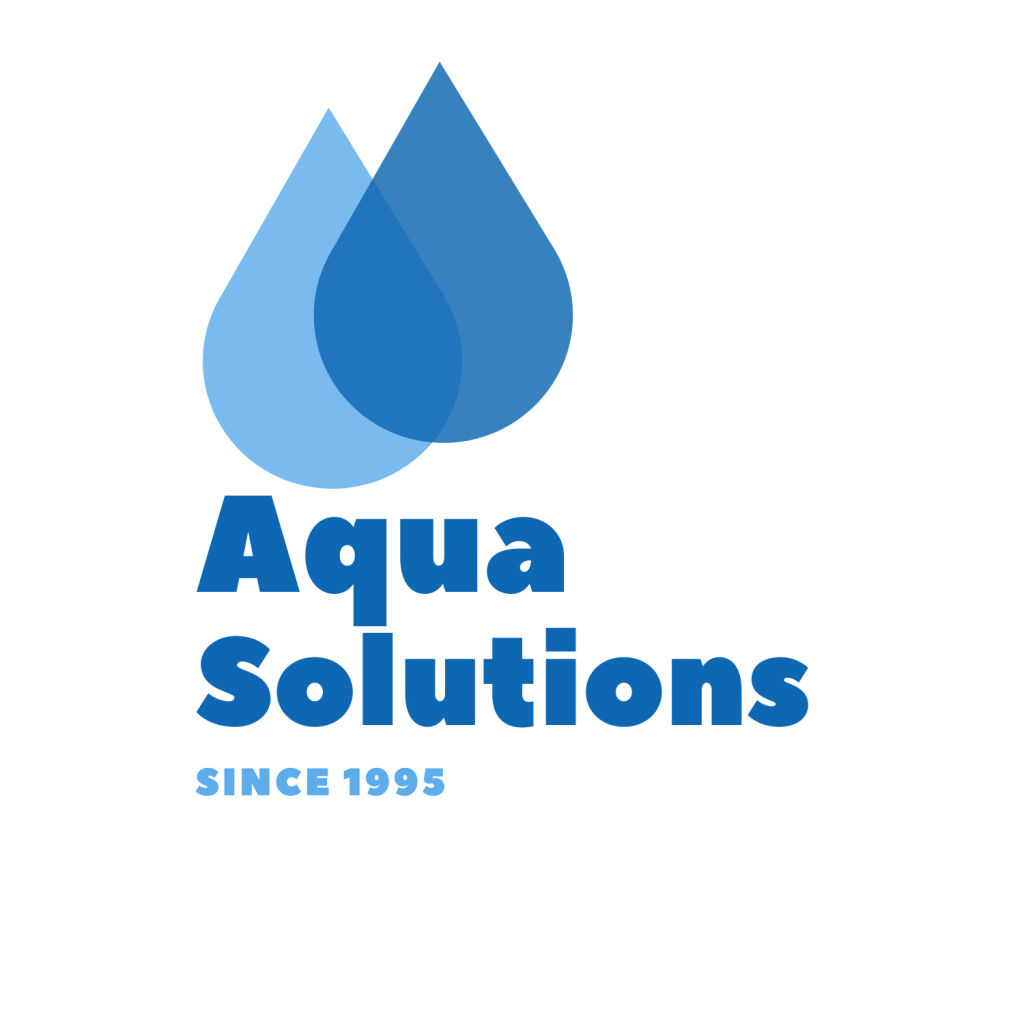
Author:
Gary Monks
Gary Monks has led Aqua Solutions since 1997, earning recognition as a water treatment expert with 25 years of experience. Renowned in Butler, he has won the Best Water Treatment award for three years and actively supports the community, including local sports and radio engagements.
